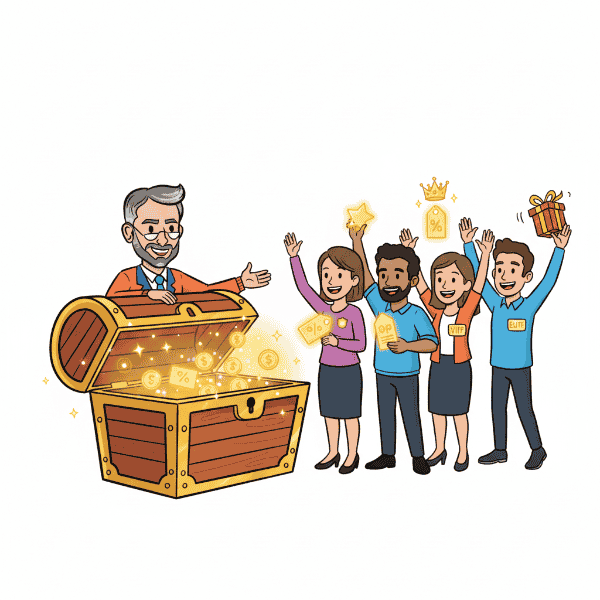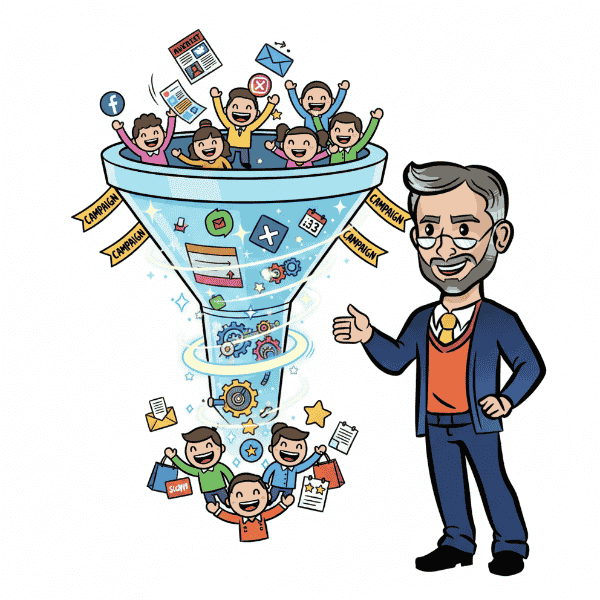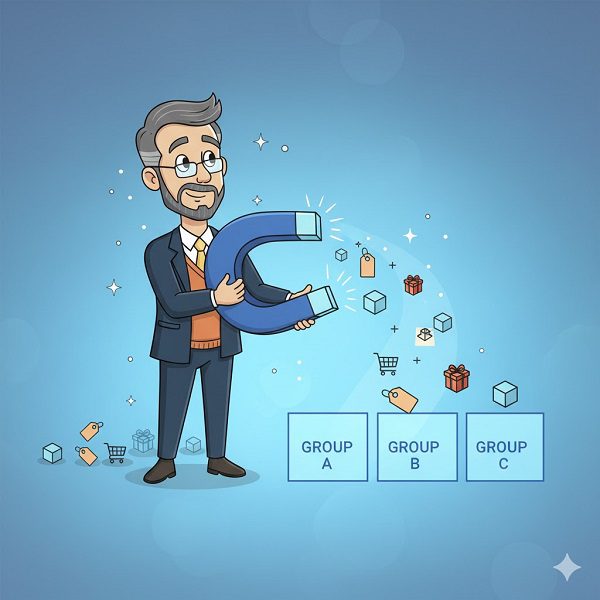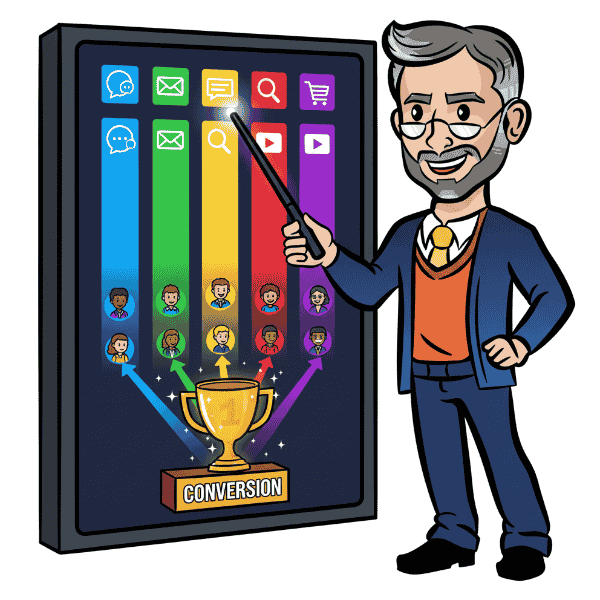
What are Client Loyalty Programs?
Definition:
Client loyalty programs are marketing strategies that reward repeat customers for their continued business. These programs encourage long-term relationships by offering incentives such as discounts, exclusive deals, and reward points. They help businesses retain customers and increase sales.
Example in a Sentence:
The company introduced a client loyalty program that gave repeat customers discounts and rewards, increasing customer satisfaction and repeat purchases.
Why are Client Loyalty Programs Important?
1. Encourage Repeat Business
Loyalty programs give customers a reason to keep buying from the same company.
2. Increase Customer Satisfaction
Rewards and special perks make customers feel valued and appreciated.
3. Improves Sales
Offering incentives encourages customers to spend more over time.
4. Strengthen Brand Loyalty
Customers are more likely to stick with a brand that offers exclusive benefits.
How to Create a Client Loyalty Program
1. Define Your Goals
Decide what you want to achieve, such as more repeat purchases or higher customer engagement.
2. Choose a Reward System
Select how customers will earn rewards, such as points for purchases, discounts, or exclusive access to deals.
3. Make It Easy to Join
Make sure the sign-up process is simple and hassle-free.
Build Lasting Customer Relationships
Client loyalty programs help businesses retain customers, increase sales, and create lasting brand loyalty. A well-designed program keeps customers engaged and coming back.
More Definitions: Brand Loyalty Programs Definition, Brand Storytelling Definition, Customer Loyalty Program Definition and Brand Trust Definition
Useful Posts: To Founder Brand or Not to Founder Brand…That Is the Question and Uncovering the Low-Hanging Fruit: Accelerating Sales and Marketing Success























